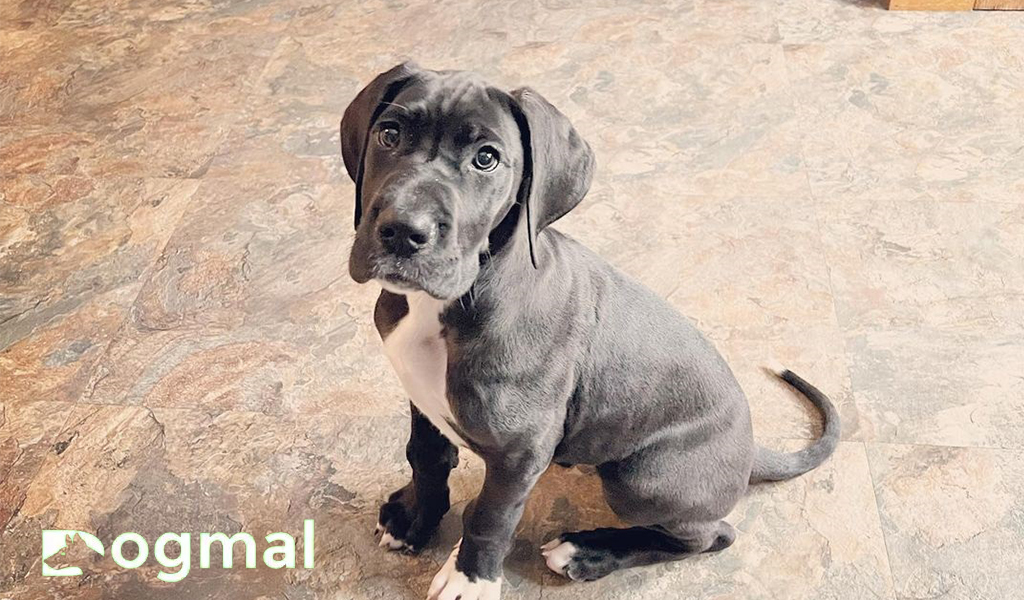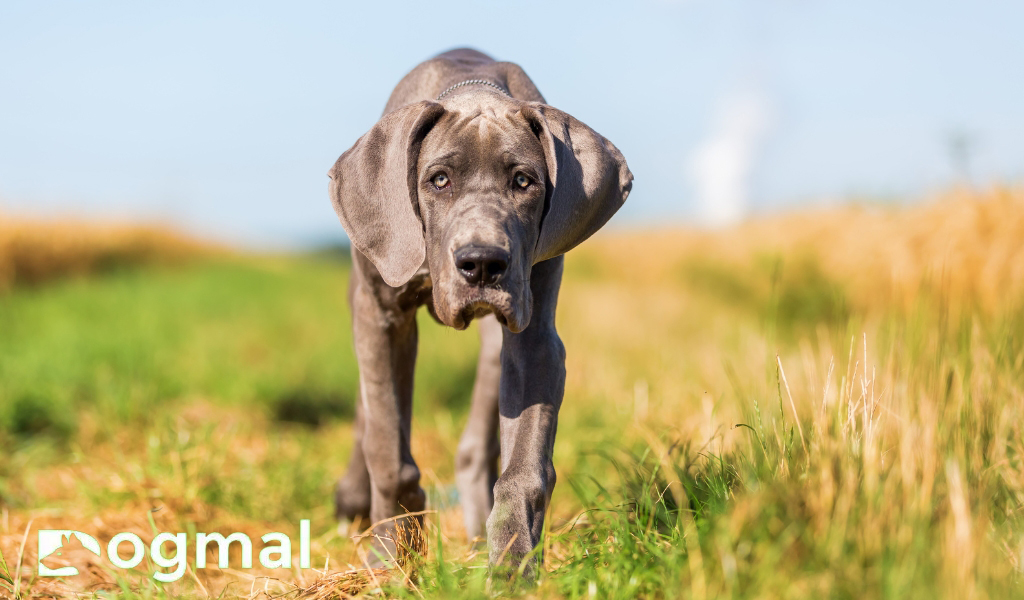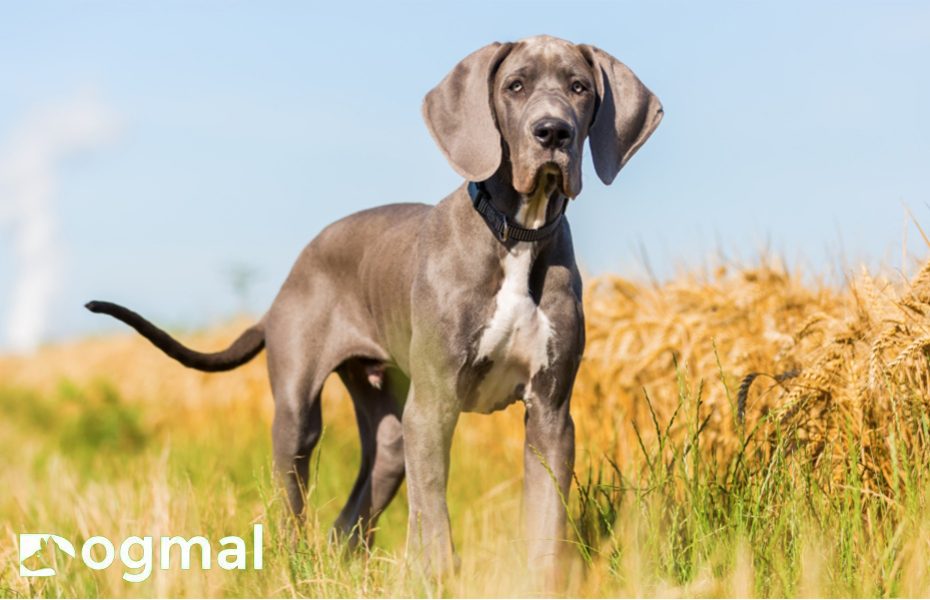The Great Dane is the highest ranked breed of calm, large, regal and powerful looking dog. The large dog breed known as the Great Dane originated in Germany.
Great Danes of the German breed are extremely powerful dogs also known as German Mastiffs and Deutsche Dogs. They have a powerful physique and are exceptionally athletic, but their nature is quiet and reserved.
The Great Dane is a friendly, people-oriented dog that responds well to positive reinforcement training and is easy to housebreak. He is an excellent house dog. They are nice to youngsters and love to play with them.
Highlights
- Dog name Puppy
- Cost, Diet
- Care
- Training
- Who is the best human for a dog name
- Puppy Vaccinations
- image
How to Pick a Dog Name Puppy
Naming your Great Dane Puppies is a personal venture, taking into account both your personality and your pet’s. There are many factors to consider when naming a puppy or rescue dog that is new to you.
It is important to test potential names once you have a list of them. It may be useful to repeat the name aloud to check how it sounds in different intonations; Calling at your back door to verify it can negate discomfort or difficulty pronouncing names.
See how your dog responds to a name. Are their ears itchy? Do you even receive the tail’s half? These subtle cues could indicate that the name is something your dog can be taught to recognize.
It’s important not to get discouraged if a name you like gets an indifferent reaction from your dog. Many dogs go by nicknames or shorten their real names for fun.
Cost, Diet, Size and Temperament
One of the biggest dogs in the canine species is the Great Dane. The typical cost of a Great Dane puppy from a reputable breeder is between $1,000 and $1,500, according to data conducted across a number of online sites. Puppies range in price, with some going for as little as $600 and others reaching upwards of $3,000.
The Great Dane’s diet should include calcium and other minerals that assist sound skeletal development. Calcium supports healthy bones and teeth. Fat is an essential component of a Great Dane’s diet.
Protein is essential for a Great Dane’s physical growth because it encourages healthy muscle development. It is best to provide real chicken, lamb, or beef that has at least 25% to 30% protein.
The puppies are 13 to 18 inches tall by the time they are 2 months old. Male Great Danes weigh 120 to 200 pounds and stand 30 to 34 inches tall. Females weigh between 100 and 130 pounds and measure 28 to 32 inches long.
The friendliest dogs around are well-bred Danes. They are kind, loving, and playful dogs who get along well with kids. They love everyone, especially children and strangers.
Great Dane Puppies Care
Caring for Great Dane puppies is very important. Training should start as soon as they are brought home. It is very important to give them behavioral training, obedience training and socialization training. It should be ensured that they are given proper diet. They must be well groomed on schedule.
Grooming
The short coats of Great Danes make them little maintenance in terms of grooming. Spring and fall may be the times when Great Danes shed most. Use a soft-bristle brush to comb out any stray hair.
Brush the coat in the direction that it grows. Bathing is necessary to keep the skin and hair of this breed with a silky coat from losing excessive amounts.
At least twice or three times a week, brush your Great Dane’s teeth to get rid of tartar and the bacteria it harbors. A cotton ball wet with a gentle, pH-balanced ear cleaner should be used to clean the dog’s ears. Cut their nails once or twice per month.
Nutrition
The Nutrition is a crucial consideration when thinking about adopting a Great Dane puppy. While adolescent Great Danes will eat the same food as other dog breeds, they will grow larger with age.
We must be careful to feed giant dogs adequately as their growth will demand food at different stages. Variety and quality of food are also crucial factors. Puppies should be fed the right type and amount of food during their first few months of life as they are very important to their overall health.
Great Dane puppies have different nutritional needs than adult or senior dogs of the same breed. Each dog’s health will be critical, as some medical issues may call for dietary adjustments. The Great Dane puppies will weigh between 1 and 2 lbs at birth, but after one month, it will weigh between 5 and 8 lbs.
Feeding
Great Dane Puppies should be fed four times per day between the ages of 2 and 3 months, three times per day between the ages of 4 and 5 months, and two times per day as they become older. These are the amounts of servings per day that a healthy adult dog should be expected to eat.
The Great Dane’s daily caloric intake should be kept to a maximum of 2500-3500 calories depending on age, weight and activity level. Avoid “free food” and choose dog food that contains 350 to 450 calories per cup. The best strategy is to spread their daily calorie intake over two or three meals.
Great Dane Puppies Exercise
Start giving your Great Dane regular exercise as soon as you bring it home. Exercise with caution as too much exercise can hinder their bone and joint development. Overexertion can damage their joints.
Puppies will be active for a short time each day and have normal sleep and activity patterns. Puppies should be played with and taken for walks by other puppies. Great Danes puppies need 15 to 30 minutes of activity per day.
Training and Socialization
This breed’s socialization will equip them to handle unusual situations. A dog’s socialization can help it grow into a reliable, amiable, and brave adult. This can lessen their timidness and keep them from being aggressive towards humans, other dogs, and pet animals.
The Great Dane puppy needs training more than any other breed. Basic instructions like “sit,” “stay,” “down,” and “heel” will be taught to him. Giving a Great Dane puppy or adult a strong and confident lead is the simplest approach to discipline them.
The tendency for puppies to bite is perfectly normal. Please give them any chewable soft toys. This will help your pet stop biting. Potty training is crucial for them.
Barking is a potentially harmful habit. Never go up to your dog right away if they bark at an opportune moment. Inform them that barking will not result in rewards. You can go over to them when they need to settle down.
Also Read: Pitbull Puppies
Who is the Best Human for a Dog Name?
They are regarded as the biggest breed of dog in the world. They are excellent companions for owners who lead active lifestyles since they have loads of energy and love being outside.
Everyone who has the time to commit to them will get along well with these incredibly friendly Great Dane dogs. They get along well with people and other domestic animals. The ability to give Great Danes enough space to stay healthy and enough love and attention to stay happy is essential to creating the perfect home for them.
The best way for owners to prepare their Great Danes for success in any household is to be consistent, firm, and committed to proper socialization.
Great Dane Puppies Vaccinations
The Vaccination can prevent the spread of dangerous diseases for dogs. Vaccines inject small amounts of a pathogen into the immune system to create antibodies to fight the disease without infecting the host.
There are a few things you should know about the Great Dane immunization schedule once you bring a Great Dane puppy home.
- 6 – 8 Weeks: Distemper and parainfluenza
- 10 – 12 Weeks: DHPP
- 12 – 24 Weeks: Rabies
- 14 – 16 Weeks: DHPP
- 12 – 16 Months: Rabies, DHPP
- Every 1-2 Years: DHPP
- Every 1-3 Years: Rabies
Great Dane Puppies Image



